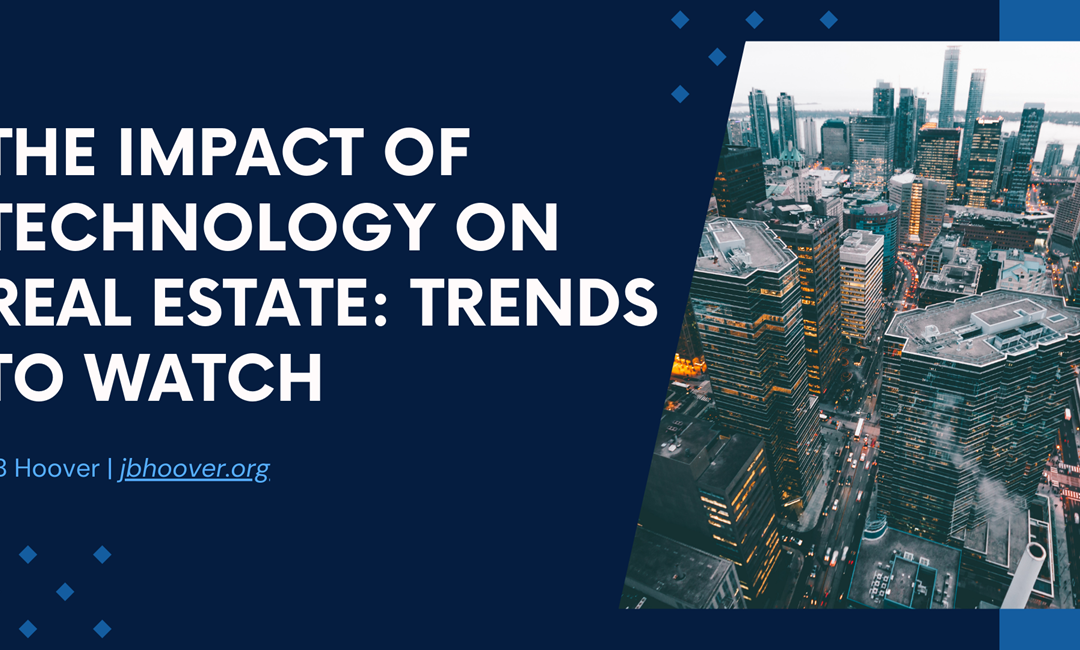Technology has revolutionized nearly every aspect of our lives, and the real estate industry is no exception. From property search and marketing to transaction management and property management, technology has transformed how real estate professionals operate and how consumers buy, sell, and rent properties. As we look ahead, several key technology trends are poised to reshape the real estate industry. Here are some trends to watch:
Virtual Reality (VR) and Augmented Reality (AR)
VR and AR technologies are changing the way properties are marketed and viewed by potential buyers and tenants. Virtual property tours allow users to explore properties remotely, providing an immersive experience without the need for physical visits. AR apps can overlay digital information onto real-world environments, allowing users to visualize how furniture or décor would look in a space before making a purchase.
Artificial Intelligence (AI) and Machine Learning
AI and machine learning algorithms are being used to analyze vast amounts of data and provide insights into real estate market trends, pricing, and investment opportunities. AI-powered chatbots and virtual assistants are also improving customer service and streamlining communication between real estate professionals and clients.
Blockchain Technology
Blockchain technology is transforming the way real estate transactions are conducted by providing a secure and transparent platform for recording and verifying property ownership and transactions. Smart contracts enabled by blockchain can automate and streamline the buying, selling, and leasing processes, reducing the need for intermediaries and minimizing the risk of fraud.
Big Data and Predictive Analytics
Big data analytics are being used to analyze large datasets and identify patterns and trends in real estate markets. Predictive analytics tools can forecast future market conditions, property values, and investment opportunities, helping investors and developers make more informed decisions.
Internet of Things (IoT)
IoT technology connects physical objects and devices to the internet, enabling smart homes and buildings with interconnected systems for security, energy management, and environmental monitoring. IoT sensors can collect data on temperature, humidity, occupancy, and energy usage, allowing property owners to optimize building performance and reduce operational costs.
Remote Work and Digital Nomadism
The rise of remote work and digital nomadism is changing where and how people live and work, driving demand for flexible and remote-friendly housing options. Real estate professionals are adapting by offering virtual property tours, digital lease signings, and remote property management services to cater to this growing segment of the market.
Sustainability and Green Technology
With increasing awareness of environmental issues and climate change, sustainability has become a key consideration in real estate development and management. Green technologies such as solar panels, energy-efficient appliances, and smart building systems are being incorporated into new construction and existing buildings to reduce carbon emissions and operating costs.
In conclusion, technology continues to have a profound impact on the real estate industry, driving innovation, efficiency, and new opportunities for investors, developers, and consumers alike. As we embrace these technological advancements, it’s essential for real estate professionals to stay informed about emerging trends and technologies to remain competitive in a rapidly evolving market. By leveraging the latest technology trends, real estate professionals can unlock new possibilities and create value for their clients and communities.

